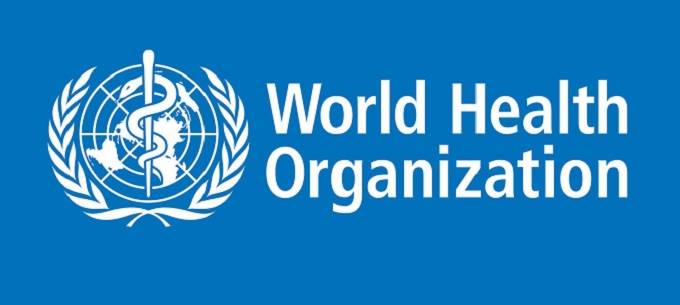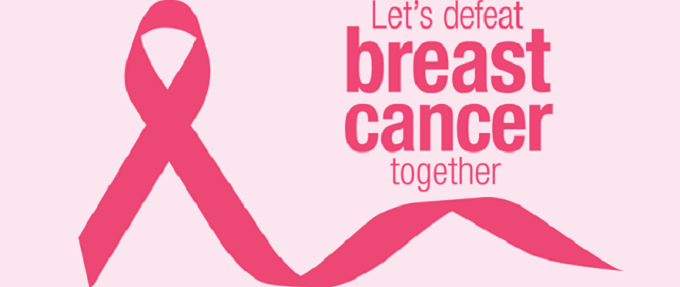Why businesses just have to be truthful when in a crisis

Lenox Mhlanga
How many times have we said that where a crisis can occur, it most certainly will?
And who would have imagined that the cholera outbreak in Harare would catch some hallowed brands with their pants down?
As the nation mourns the loss of life to the dreaded disease, our attention has turned to one of the most basic of necessities; access to clean water.
Never mind the fact that tap water in the capital has been deemed unfit for human consumption.
The World Health Organisation agrees that the safety and accessibility of drinking-water are major concerns throughout the world.
“Health risks may arise from consumption of water contaminated with infectious agents, toxic chemicals, and radiological hazards. Improving access to safe drinking-water can result in tangible improvements to health,” WHO says.
The gap created by the inability of the Harare City Council to provide for this basic right has led to a million dollar industry that bottles drinking water for sale to consumers.
The safety of such bottled water has for years, been taken for granted. As a result, many assume that water sold in supermarkets and other outlets is the safest to drink.
As the cholera epidemic continued to hog the headlines, the focus suddenly shifted to the safety of bottled water.
A local paper revealed that the Environmental Management Agency (EMA) in a report had found that producers and suppliers were selling bottled water that was “contaminated.”
The confidential report alleged that sampled bottled water had high levels of heterotrophic plate counts (HPC).
These were well above the Standards Association of Zimbabwe (SAZ) acceptable drinking water agar plate count limit per millilitre of 100.
The report claimed that only six brands out of the 17 sampled were found to be selling water which was safe.
The other 11 had unacceptable levels of bacteria. Never mind the jargon, but the story painted quite a ghastly picture for consumers, especially the affluent.
Chances of them falling seriously ill from drinking “dirty water” was a serious possibility.
Predictably, the big brands came out with guns blazing. They took out huge adverts denying any culpability.
In essence, they were saying that the state agency was lying. EMA, they claimed, was making
“false allegations” and that the results were wrong.
In thinly veiled threats, one of the brands even went on to suggest that the paper in question should recant the story.
By doing this they were breaking one of crisis communications’ sacrosanct rules; that of not shooting the messenger for being the bearer of bad news!
The paper did what any concerned publication would do. That is, exposing to the public a report on an issue that could adversely affect their wellbeing.
While we agree that the report was confidential, responsible journalism far outweighed expediency.
Another telling aspect about one of the advertorials was that it was signed by the offended company’s corporate secretary.
I am sure the import of this was not lost on those said to be making false allegations, in this case EMA and paper in question.
This also highlighted one aspect of corporate denialism – the conflict between internal legal counsel and PR – particularly in times of crisis.
Where legal insists on a more deliberate and cautious response that minimises the possibility of litigation, PR always acts according to the “court of public opinion.”
It is one that demands swift answers, a genuine expression of concern and assurance that the organisation is truly getting to the bottom of the issue.
Unfortunately, in the majority of cases, legal carries veto rights over public relations. But it is their territory to give a response that uses the right tone, language and pitch.
A response that is sensitive to the concerns of the public. Not minding what goes on in the background, the brand should use the opportunity to allay fears, take the high road and keep its reputation and image intact.
Yet, a follow-up story went on to expose the shadier side of corporate politics.
We are informed that the bottled water companies whose products tested positive to bacterial contamination “fruitlessly” tried to arm-twist the Environmental Management Agency into disowning both the test results and an accompanying report in a bid to cover their tracks and protect their brands!
It does not end there.
When EMA refused to play ball, the companies approached the minister to try and get them to look the other way.
Two things stand out here; the integrity of a government agency that refuses to be unduly influenced and the lack of remorse displayed by the companies in question.
The question is whether these brands actually took heed of PR counsel, who are supposed to be their moral compass?
A crisis should be an opportunity for the company to demonstrate what it believes in and live its mission statement.
The cost of loss of reputation far exceeds any form of litigation.
My advice is that as companies go through a crisis, it’s always important to reflect on a measured response.
They should ask themselves the following four key questions:
– What steps did we take to come to that conclusion?
– What steps should we have taken instead?
– Did we react to the situation well?
– How better could we have handled this?
We are sure to find out in the coming weeks whose advice would prevail between the companies’ PR and legal counsel.












Comments